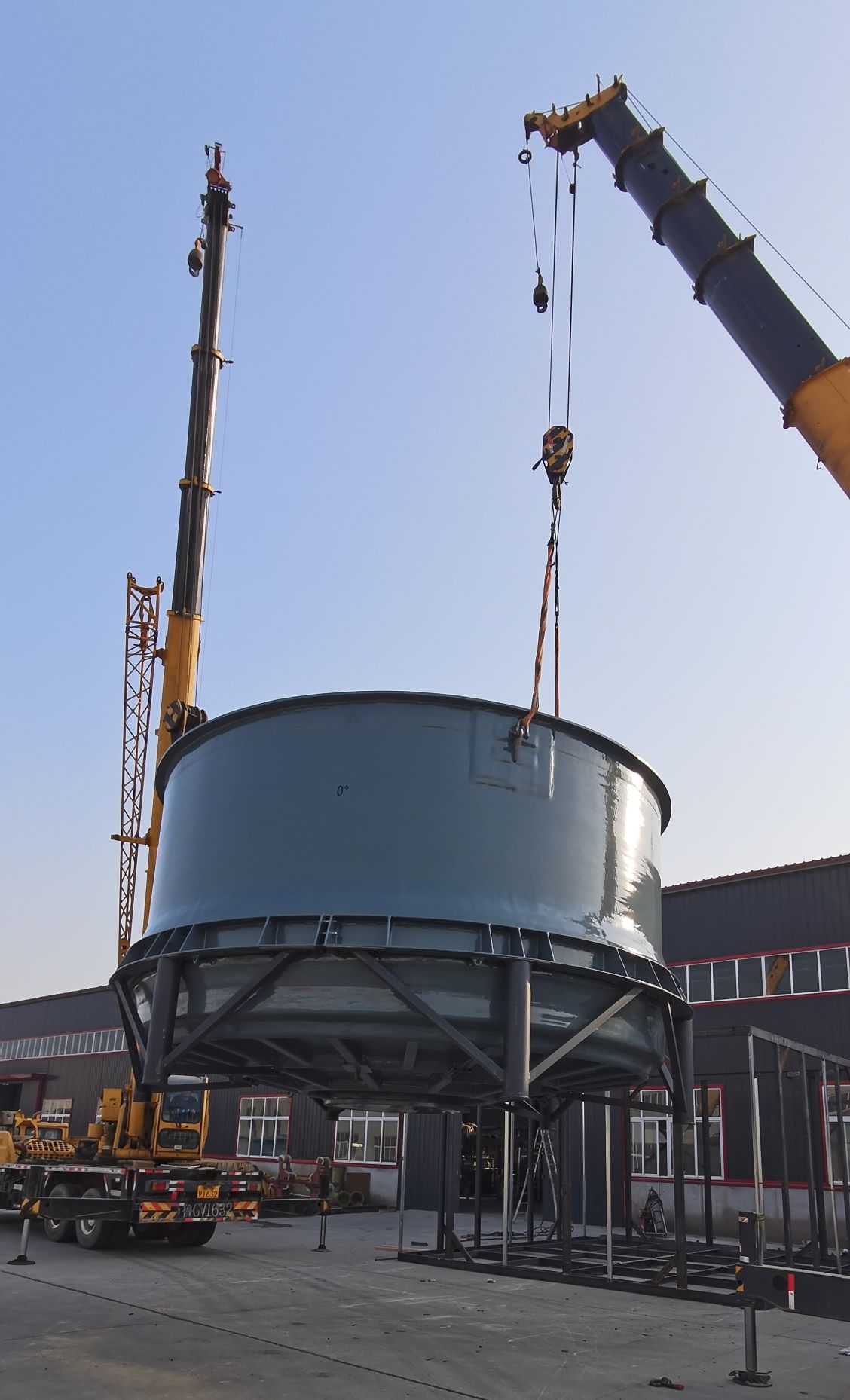
-
 Afrikaans
Afrikaans -
 Albanian
Albanian -
 Amharic
Amharic -
 Arabic
Arabic -
 Armenian
Armenian -
 Azerbaijani
Azerbaijani -
 Basque
Basque -
 Belarusian
Belarusian -
 Bengali
Bengali -
 Bosnian
Bosnian -
 Bulgarian
Bulgarian -
 Catalan
Catalan -
 Cebuano
Cebuano -
 China
China -
 China (Taiwan)
China (Taiwan) -
 Corsican
Corsican -
 Croatian
Croatian -
 Czech
Czech -
 Danish
Danish -
 Dutch
Dutch -
 English
English -
 Esperanto
Esperanto -
 Estonian
Estonian -
 Finnish
Finnish -
 French
French -
 Frisian
Frisian -
 Galician
Galician -
 Georgian
Georgian -
 German
German -
 Greek
Greek -
 Gujarati
Gujarati -
 Haitian Creole
Haitian Creole -
 hausa
hausa -
 hawaiian
hawaiian -
 Hebrew
Hebrew -
 Hindi
Hindi -
 Miao
Miao -
 Hungarian
Hungarian -
 Icelandic
Icelandic -
 igbo
igbo -
 Indonesian
Indonesian -
 irish
irish -
 Italian
Italian -
 Japanese
Japanese -
 Javanese
Javanese -
 Kannada
Kannada -
 kazakh
kazakh -
 Khmer
Khmer -
 Rwandese
Rwandese -
 Korean
Korean -
 Kurdish
Kurdish -
 Kyrgyz
Kyrgyz -
 Lao
Lao -
 Latin
Latin -
 Latvian
Latvian -
 Lithuanian
Lithuanian -
 Luxembourgish
Luxembourgish -
 Macedonian
Macedonian -
 Malgashi
Malgashi -
 Malay
Malay -
 Malayalam
Malayalam -
 Maltese
Maltese -
 Maori
Maori -
 Marathi
Marathi -
 Mongolian
Mongolian -
 Myanmar
Myanmar -
 Nepali
Nepali -
 Norwegian
Norwegian -
 Norwegian
Norwegian -
 Occitan
Occitan -
 Pashto
Pashto -
 Persian
Persian -
 Polish
Polish -
 Portuguese
Portuguese -
 Punjabi
Punjabi -
 Romanian
Romanian -
 Russian
Russian -
 Samoan
Samoan -
 Scottish Gaelic
Scottish Gaelic -
 Serbian
Serbian -
 Sesotho
Sesotho -
 Shona
Shona -
 Sindhi
Sindhi -
 Sinhala
Sinhala -
 Slovak
Slovak -
 Slovenian
Slovenian -
 Somali
Somali -
 Spanish
Spanish -
 Sundanese
Sundanese -
 Swahili
Swahili -
 Swedish
Swedish -
 Tagalog
Tagalog -
 Tajik
Tajik -
 Tamil
Tamil -
 Tatar
Tatar -
 Telugu
Telugu -
 Thai
Thai -
 Turkish
Turkish -
 Turkmen
Turkmen -
 Ukrainian
Ukrainian -
 Urdu
Urdu -
 Uighur
Uighur -
 Uzbek
Uzbek -
 Vietnamese
Vietnamese -
 Welsh
Welsh -
 Bantu
Bantu -
 Yiddish
Yiddish -
 Yoruba
Yoruba -
 Zulu
Zulu
fiberglass boat
The Advantages of Fiberglass Boats
In recent years, fiberglass boats have gained immense popularity among boating enthusiasts, offering a variety of advantages that make them a preferred choice for both recreational and professional use. From their durability and design flexibility to low maintenance requirements, fiberglass boats have revolutionized the boating industry.
Durability and Strength
One of the most compelling benefits of fiberglass boats is their exceptional durability. Unlike traditional wooden boats, which are susceptible to rot, warping, and other forms of deterioration over time, fiberglass is resistant to the elements. This material does not absorb water, meaning that fiberglass boats are less likely to suffer from hull damage or structural weakness. Moreover, fiberglass can withstand a broader range of temperatures, making these boats suitable for different climates around the globe.
Lightweight and Fuel Efficiency
Fiberglass boats are notably lighter than their metal or wooden counterparts, which contributes to their impressive fuel efficiency. A lighter boat requires less power to move through the water, allowing for improved fuel consumption. This is particularly important for long-distance travel and for those who seek to minimize their environmental impact. The reduced weight also enhances maneuverability, making fiberglass boats easier to handle and control, especially for novice boaters.
Design Flexibility and Aesthetics
The manufacturing process of fiberglass allows for greater design flexibility. Fiberglass can be molded into complex shapes that can be difficult or very costly to achieve with wood or metal. This enables manufacturers to create sleek, modern designs that are not only aesthetically pleasing but also functionally superior. Additionally, the smooth surface of fiberglass resists fouling from barnacles and algae, ensuring that the boat retains its attractive appearance with minimal effort.
fiberglass boat

Low Maintenance Requirements
When compared to traditional materials, fiberglass boats require significantly less maintenance. Wooden boats need regular painting, varnishing, and sealing to protect against moisture and damage, while metal boats can rust and corrode if not taken care of properly. In contrast, fiberglass requires little more than occasional cleaning to keep it looking pristine. This low-maintenance aspect is particularly appealing for busy boaters who want to maximize their time on the water rather than in the workshop.
Affordability
While the initial cost of a fiberglass boat may be higher than that of a wooden or aluminum one, the long-term savings provided by lower maintenance and repair costs often make them a more economical option over time. Additionally, fiberglass boats tend to hold their value well in the market, making them a smart investment for both new and experienced boaters.
Safety Features
Fiberglass boats also offer enhanced safety features. Most modern fiberglass boats incorporate designs that contribute to stability and reduce the risk of capsizing. The material itself is less prone to conducting electricity, which minimizes risks while navigating in adverse weather conditions. Many fiberglass boats come equipped with built-in buoyancy features that ensure the vessel remains afloat, even if the hull is breached.
Conclusion
In conclusion, fiberglass boats offer a multitude of advantages that cater to a wide range of boating needs. Their durability, lightweight construction, and design versatility combine to deliver an outstanding on-water experience. For boating enthusiasts who value efficiency, low maintenance, and safety, fiberglass boats represent an ideal choice. Whether you're a seasoned sailor or a novice explorer, investing in a fiberglass boat can enhance your adventures on the water, providing enjoyment and reliability for years to come.









